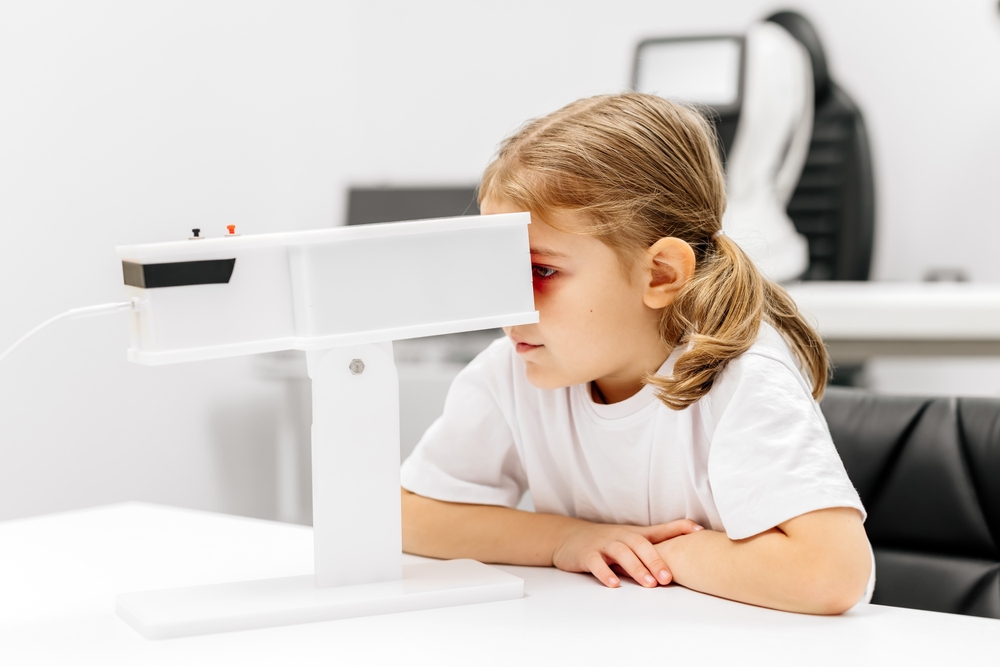
Vision therapy is a personalized, non-invasive program designed to improve visual function and comfort. It can be life-changing for individuals struggling with eye coordination issues, focusing difficulties, or visual processing problems.
How Vision Therapy Works
Vision therapy is much like physical therapy for the eyes and brain. It involves a series of in-office sessions and at-home exercises that train your visual system to work more efficiently. It is commonly recommended for conditions such as:
Convergence insufficiency
Amblyopia (lazy eye)
Strabismus (eye turn)
Eye movement disorders
Visual processing challenges
Each program is tailored to the individual's needs and goals. Therapy typically takes place over several weeks or months, with consistent progress evaluations along the way.
Is Ongoing Treatment Always Necessary?
For many patients, once the vision therapy program is completed and goals are met, no further treatment is needed. Their visual system has been retrained, and they can maintain the improvements long-term without continued care. However, there are cases where follow-up or maintenance care may be beneficial.
Factors that may influence the need for ongoing care include:
Severity of the initial condition: More complex or deeply rooted visual issues may require longer treatment timelines or periodic maintenance.
Age of the patient: Younger patients often respond quickly, but adult brains may take longer to adapt, occasionally requiring refresher sessions.
Consistency with home exercises: Patients who commit to their at-home assignments tend to see better, more lasting results.
Other underlying health conditions: Conditions like traumatic brain injuries or neurological disorders may make ongoing care part of a long-term visual rehabilitation plan.
What Does Maintenance Look Like?
Maintenance after vision therapy usually involves occasional check-ins with your eye doctor and possibly a simplified version of the home exercises to reinforce progress. These visits ensure that your vision continues to perform at its best and allow for early intervention if symptoms return.
A Long-Term Investment in Your Vision
Vision therapy is not a quick fix, but it is a powerful investment in your long-term visual health. For most patients, the benefits are lasting, and the need for ongoing treatment is minimal once therapy is completed. However, just like physical fitness, keeping your visual system strong may sometimes call for occasional reinforcement.
Ready to Get Started?
Vision therapy can lead to lasting improvements, helping patients overcome visual challenges that interfere with daily life. While some individuals may benefit from occasional follow-up or reinforcement, many experience long-term results without ongoing treatment. The key is a personalized approach and commitment to the process.
If you’re ready to explore whether vision therapy is right for you or your child, schedule a comprehensive evaluation at Riverdell Vision and start your journey toward stronger, more efficient vision. Contact our office in Oradell, New Jersey, by calling (201) 268-7566 to book an appointment today.



